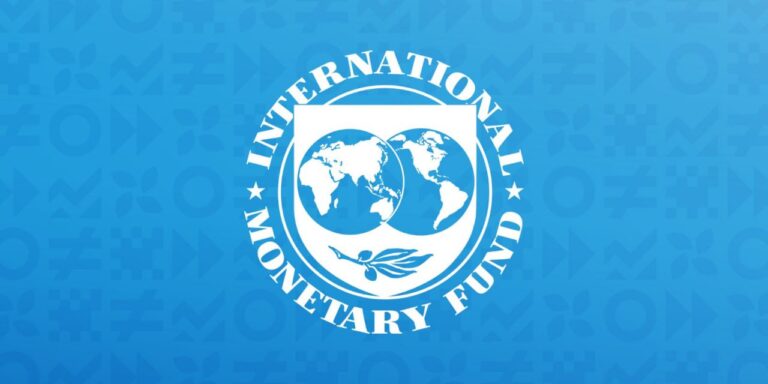The Africa Adaptation Acceleration Program (AAAP) (http://apo-opa.co/3ZHg6nA) has been honored as the “Best Investable NDC Adaptation Investment Initiative of the Year” at the 2024 African NDC Investment Awards.
The award, presented during the African NDC Institutional Investment Summit in New York, held on the margins of the United Nations General Assembly, recognizes the AAAP’s groundbreaking efforts to accelerate climate adaptation across the continent.
Launched by the African Development Bank and the Global Center on Adaptation (GCA) in 2021, the AAAP set an ambitious goal to mobilise $25 billion by 2025 to drive transformative climate adaptation actions across Africa. To date, the Bank has committed $12.5 billion and by the end of 2023 had successfully mobilised $9.22 billion.
Sponsored by the African Green Infrastructure Investment Bank and presented by Africa Investor Magazine, the award honors projects that excel in advancing Nationally Determined Contributions (NDC) by mobilizing private climate capital and enhancing investment readiness. Africa’s NDC implementation requires over $3 trillion by 2030 to meet the continent’s adaptation and mitigation goals.
Accepting the award on behalf of the African Development Bank, Professor Anthony Nyong, Director for Climate Change and Green Growth, said:
“This recognition is a testament to the incredible impact the Africa Adaptation Acceleration Program is having across the continent. We are not only on track to meet our financial commitments, but we are also transforming lives through resilient infrastructure, food security, and youth entrepreneurship. Together with our partners, we are driving real change and positioning Africa at the forefront of global climate adaptation efforts.”
AAAP’s impact is already being felt throughout the continent, with climate adaptation initiatives integrated into 38 African Development Bank operations and 30 technical assistance activities over 41 countries. These projects cover critical sectors such as agriculture, water and sanitation, transport, energy access, and urban development to the benefit of millions of people. The AAAP exemplifies how innovative financing and partnerships can address the most pressing climate challenges.
The program’s focus on youth entrepreneurship and job creation stands out, with $5.5 million invested to support 41 young climate innovators in 20 African countries, positioning Africa’s youth as leaders in adaptation.
In the critical area of food security, the AAAP has implemented 17 investment and technical assistance projects across the Sahel, Horn of Africa, and Zambezi regions, improving food resilience for 9.4 million people. Meanwhile, the AAAP’s work on resilient infrastructure includes 28 projects in 23 countries, ensuring that communities are better equipped to withstand climate shocks.
AAAP’s Technical Assistance Program has enabled 14 African entities to gain accreditation with the Green Climate Fund (GCF), facilitating direct access to vital climate finance. These efforts have led to the development of GCF proposals that mobilized over $250 million, benefiting 4.6 million people across Djibouti, Somalia, Kenya, Ethiopia, and South Sudan.
Recognized at the 35th Ordinary Session of the African Union for its achievements, the AAAP is setting the standard for climate adaptation in Africa and beyond. The program’s success is sparking global interest, with its model being adapted in Asia. Discussions are underway to extend it to small island developing states.
Richard Uku, Director of External Affairs at the Global Center on Adaptation, represented GCA’s CEO Professor Patrick V. Verkooijen. He said: “This award highlights the power of partnership. The Africa Adaptation Acceleration Program demonstrates that when we work together, we can achieve scale and speed in climate adaptation efforts.”
Distributed by APO Group on behalf of African Development Bank Group (AfDB).
Contact:
Communication and External Relations Department,
email: media@afdb.org
About the African Development Bank Group:
The African Development Bank Group is Africa’s premier development finance institution. It comprises three distinct entities: the African Development Bank (AfDB), the African Development Fund (ADF) and the Nigeria Trust Fund (NTF). On the ground in 41 African countries with an external office in Japan, the Bank contributes to the economic development and the social progress of its 54 regional member states. For more information: www.AfDB.org
About the Africa Adaptation Acceleration Program (AAAP):
The Africa Adaptation Acceleration Program (AAAP) is a joint initiative by the African Development Bank and the Global Center on Adaptation, aimed at mobilizing $25 billion over five years to scale up climate adaptation in Africa. Since its launch, the AAAP has integrated climate adaptation measures into over $10 billion in investments, helping to build climate resilience for millions across the continent.
About the Global Center on Adaptation:
The Global Center on Adaptation (GCA) is an international organization that promotes adaptation to the impacts of climate change. It works to climate-proof development by instigating policy reforms and influencing investments made by international financial institutions and the private sector. The goal is to bring climate adaptation to the forefront of the global fight against climate change and ensure that it remains prominent.
Founded in 2018, GCA embodies innovation in its approach to climate adaptation as well as in its physical presence. It operates from the largest floating office in the world, in Rotterdam, the Netherlands. GCA has a worldwide network of regional offices in Abidjan, Côte d’Ivoire; Dhaka, Bangladesh; and Beijing, China. The Center will open a new office in Nairobi, Kenya in 2025.



